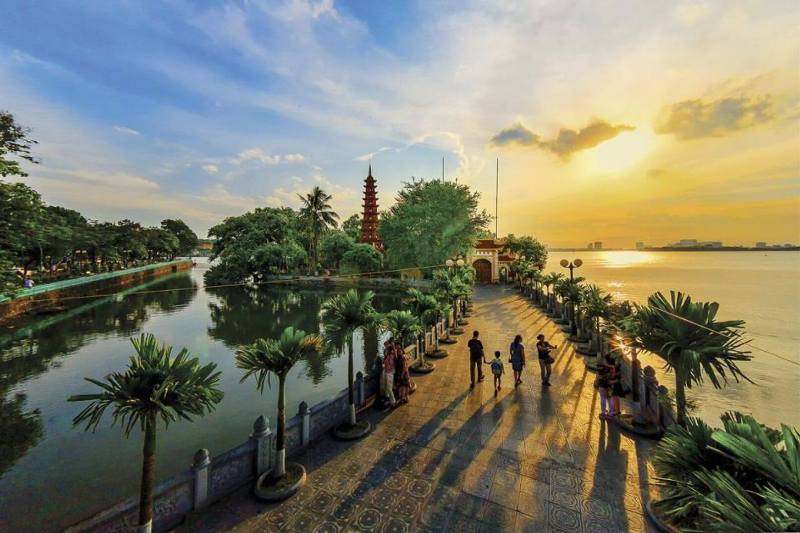
Top 5 most sacred pagodas in Northern Vietnam
- on Oct 13, 2024 By: Ngoc Nguyen
Buddhism has long played a vital role in Vietnamese culture. More than a religion, it is seen as a philosophy of life, founded in India by Siddharta Gautama (around 560-483 BC), prince of the Sakya tribe, known as Buddha "the Enlightened".
His goal is to escape the cycle of reincarnation and reach nirvana (eternal freedom from the succession of trials that is earthly life).
When the last Buddha, Sakyamuni, died, Buddhism split into several groups. The two most important are Hynayana (small vehicle) and Mahayana (great vehicle). Buddhism was introduced to Vietnam in the 2nd century. The Small Vehicle was developed in the South. It was imported to Vietnam by pilgrims returning from India. It entered the country through Cambodia and Laos. Nowadays, it is mainly practiced in the Mekong Delta by communities of Khmer origin. In the North, Great Vehicle Buddhism spread during the Chinese occupation.
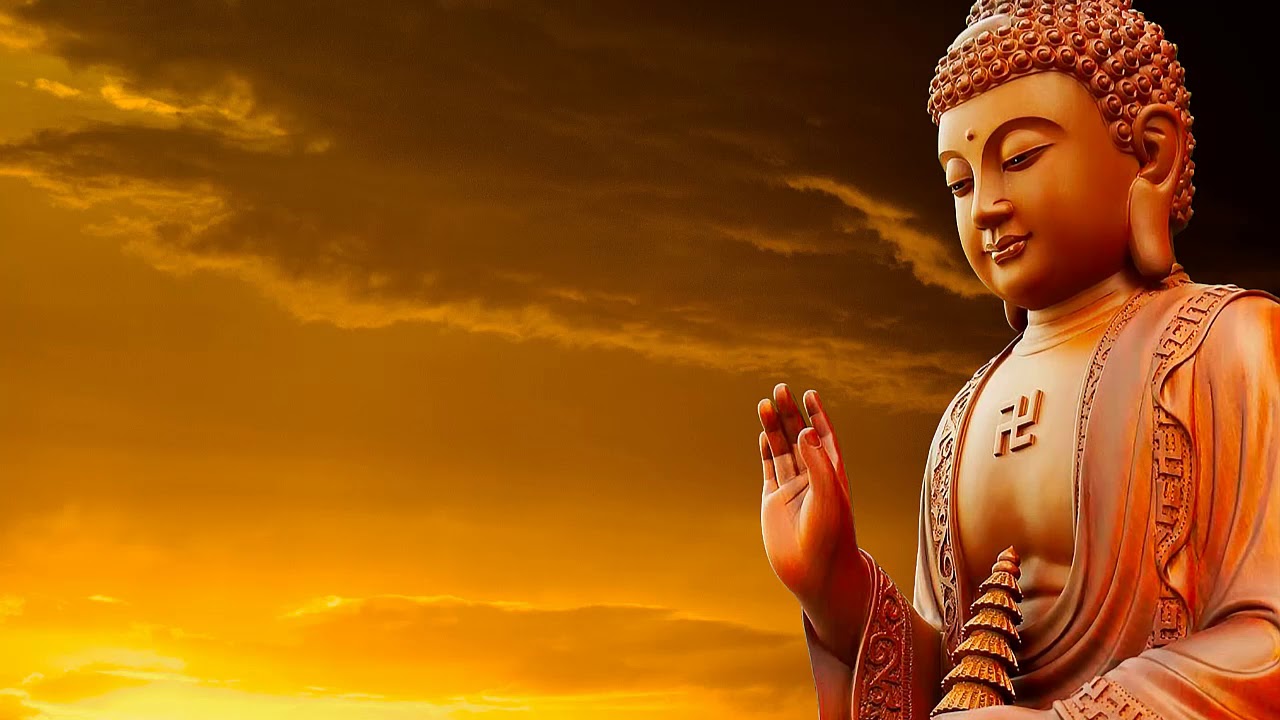
Buddhism reached its peak in Vietnam from the 12th to the 14th century, under the Ly and Tran dynasties who made it the national religion. A large number of pagodas were built in all regions from North to South. It had become the cultural center of village communities.
During a trip to Vietnam, why not think about visiting several pagodas to better understand this great religion of the world? Here is a list of the most visited pagodas in Northern Vietnam:
1. Perfume Pagoda
Located 70km Southwest of Hanoi, Perfume Pagoda is known as one of the most famous religious sites in Vietnam. This place is a group of Buddhist temples and pagodas located at the top of Perfume Mountain "Huong Son". Being the longest festival in Vietnam, the Perfume Pagoda festival takes place from the 6th day of the first lunar month to the end of the 3rd lunar month. Enjoying a stroll on the Yen River, you will be charmed by the perfect combination of the river, mountains, and rice fields.
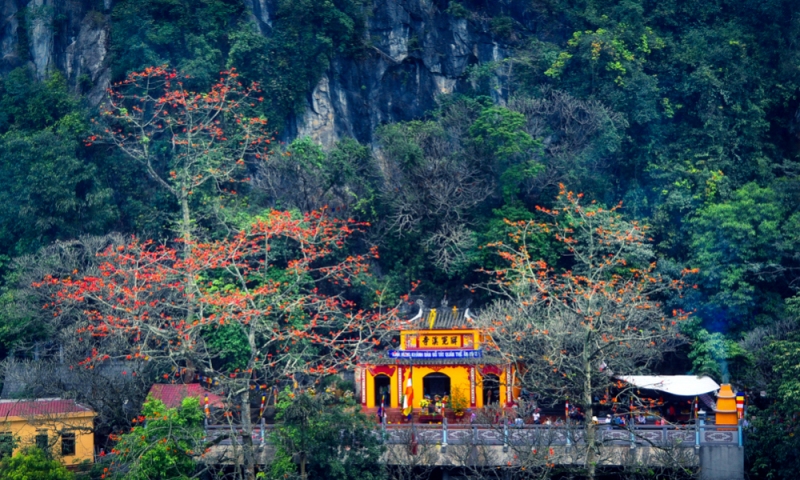
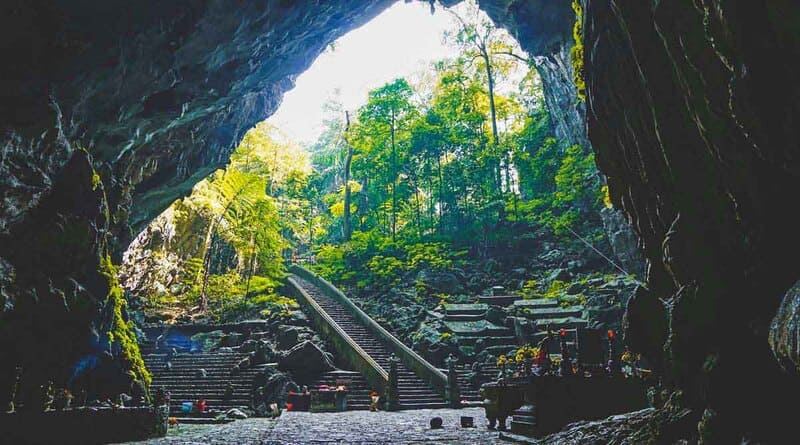
(Huong Tich Cave)
2. Tran Quoc Pagoda
Located on the small peninsula of West Lake and built in the 6th century, Tran Quoc Pagoda is the oldest pagoda in Hanoi in particular and in the North of Vietnam in general. It was considered the center of Thang Long Buddhism under the Ly Dynasty and the Tran Dynasty and was the sacred place for Buddhist believers, Vietnamese visitors and foreigners. This site was recognized as the historical monument of Vietnamese national culture in 1989.
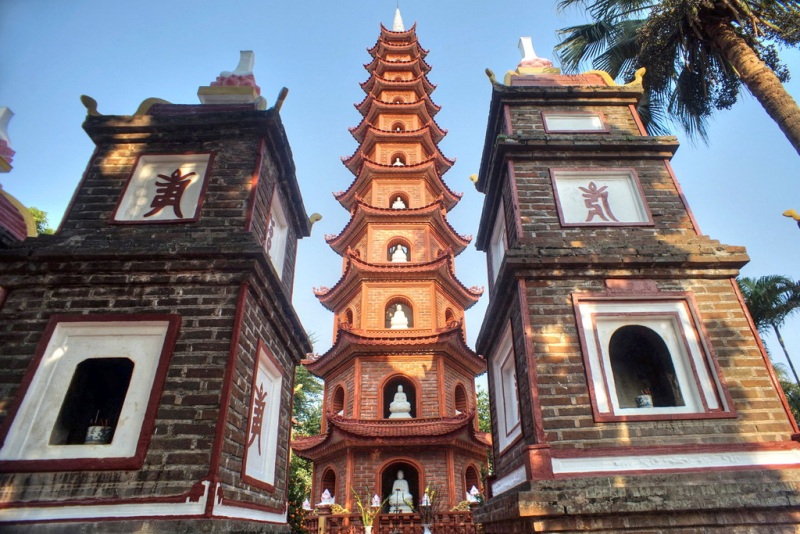
3. But Thap Pagoda
Located 30 km Northeast of Hanoi, in Bac Ninh province. But Thap Pagoda, called "Pagoda of the Tower of the Brush", is one of the most important pagodas in Vietnam. Built in the 17th century under the Ly dynasty, this pagoda has ancient and harmonious architecture. It brings together several buildings, four of which are surrounded by an encircling wall. The pagoda statuary is also remarkable with its thousand-armed goddess, each hand ending in an eye, as well as a superb set of polychrome statues from the 17th and 18th centuries.
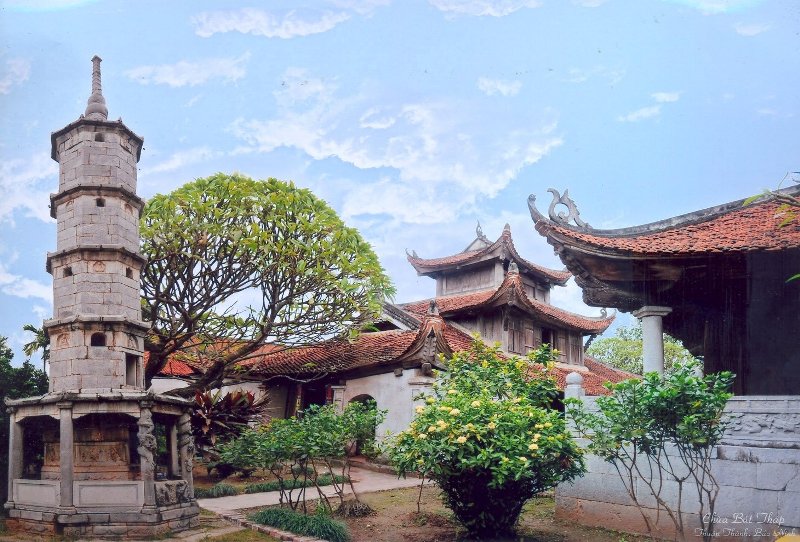
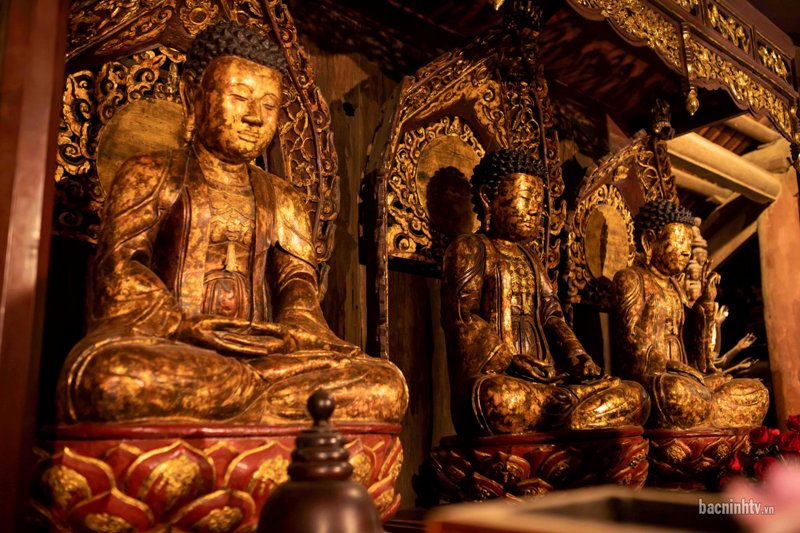
4. Thay Pagoda
Being one of the three most famous pagodas in Vietnam, the Master's Pagoda was built in the 11th century, under the Ly dynasty, to honor the monk Tu Dao Hanh. In front of the pagoda divided into 3 parallel parts, there is a large pond in the middle of which a pagoda was built. Behind the building, a hill shelters several sanctuaries. The festival of the Master's Pagoda takes place from the 5th to the 7th day of March of the lunar calendar (i.e., around April). On this occasion, not only many monks gather here, but also visitors come to participate in religious ceremonies and cultural activities.
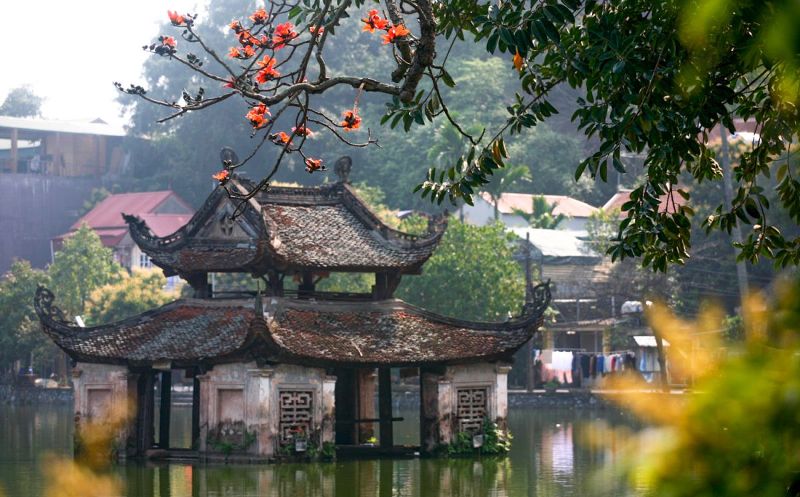
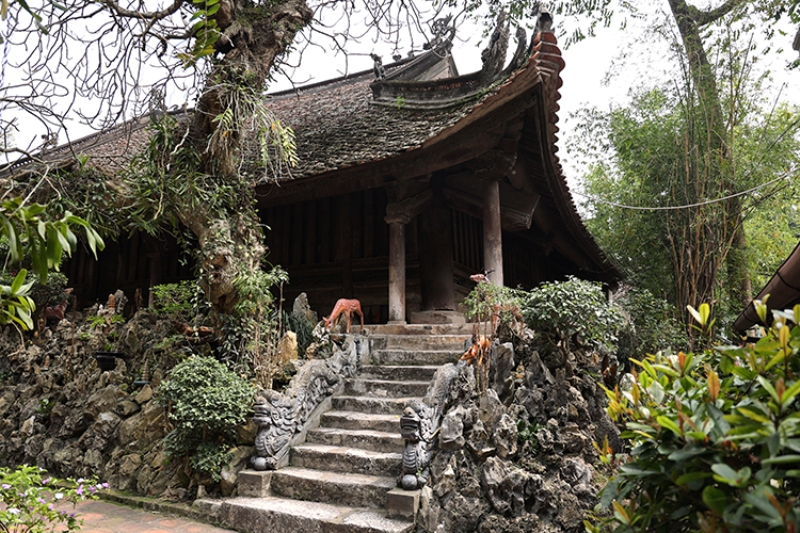
5. Tay Phuong Pagoda
Located on a hill with a height of 50m, in Thach That, Ha Tay (40km Northwest of the center of Hanoi), Tay Phuong Pagoda was built in the 3rd century. It consists of 3 parallel parts: upper, middle and lower temples in which there are 62 large and small Buddha statues made of jackfruit wood, including 18 Arhats very skillfully carved.
On December 12, 2007, Vietnam Record confirmed that the Arhat statues at Tay Phuong Pagoda were typical for 18th-century sculpture in Vietnam.
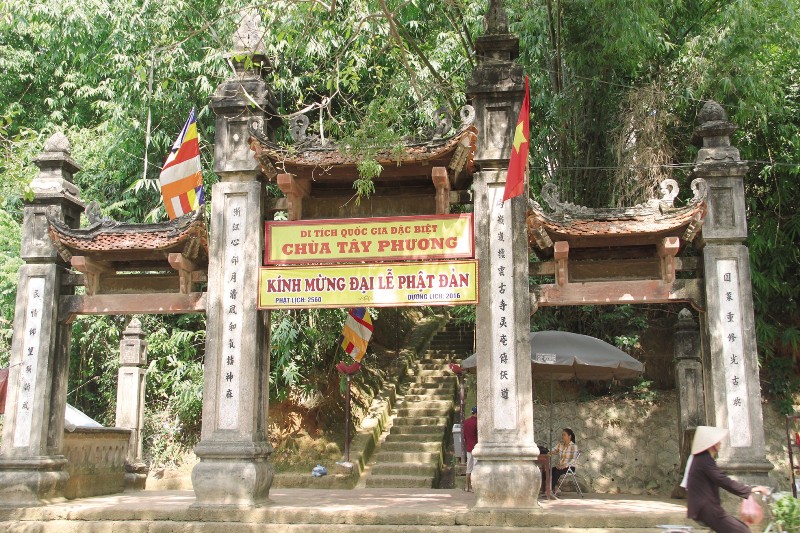
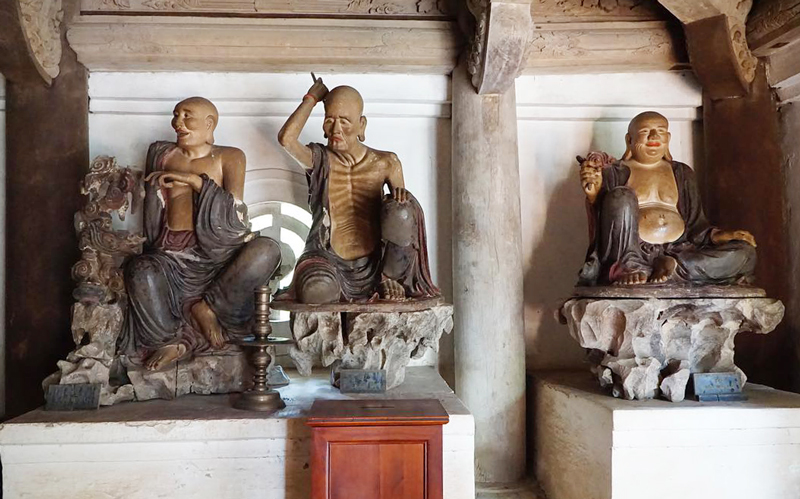
Related articles:
>> Top 10 tips and tricks for a successful trip to Cambodia
>> Best things to do in Vietnam
>> Tour 3 weeks in Vietnam, an exciting tour of the Dragon
>> Vietnam tour 15 days: What to do? What itinerary ideas do you have?
>> Tour 1 week in Vietnam: Good deals for a 7-day tour in Vietnam
>> Tour in Vietnam in one month: 3 options to absolutely enjoy!
>> Preparations for the traditional Tet, the Vietnamese New Year
>> Tour to the Mekong Delta: itinerary ideas in 1,2,3,4,5,6 days to know
 Español
Español Français
Français






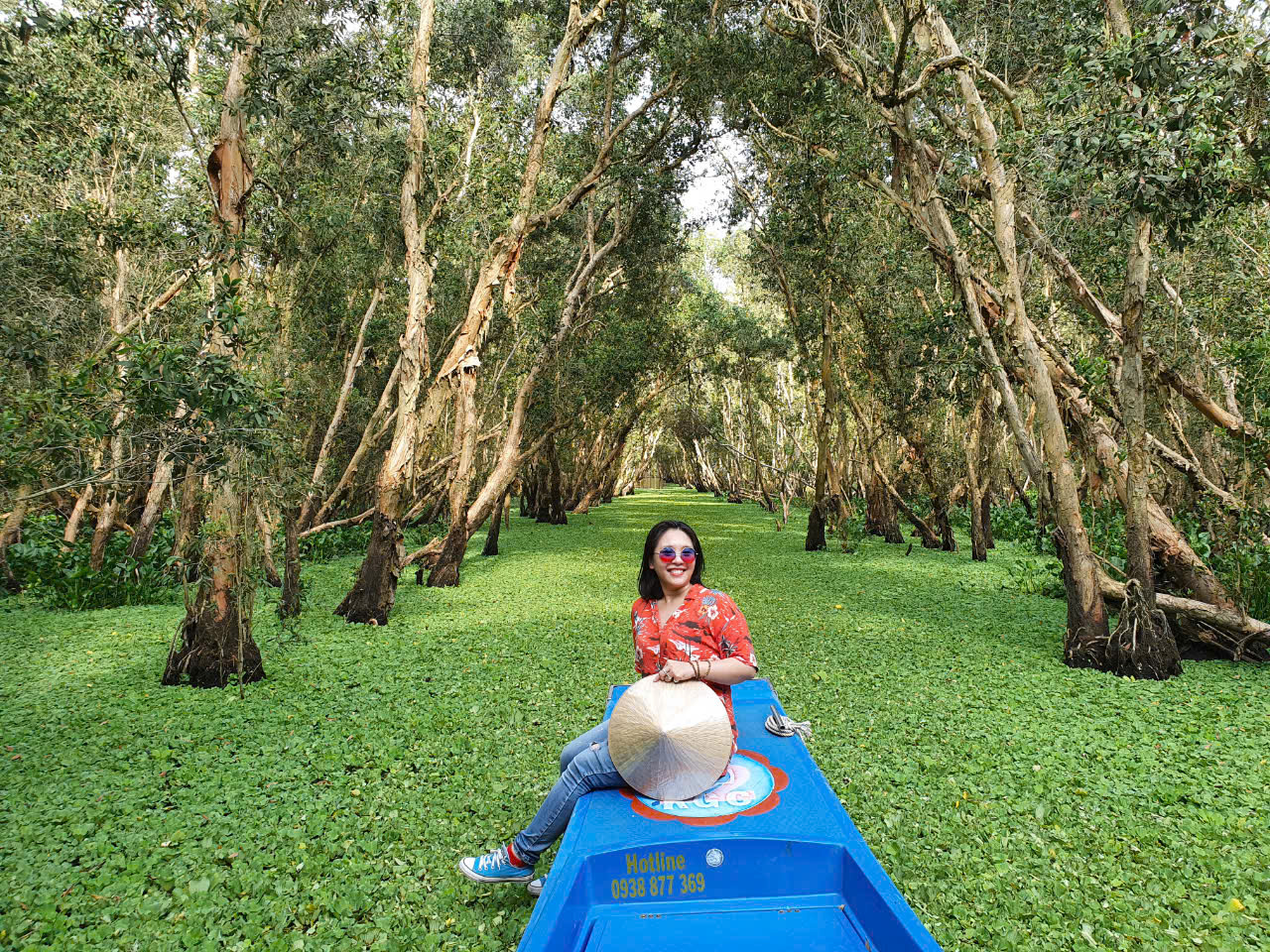


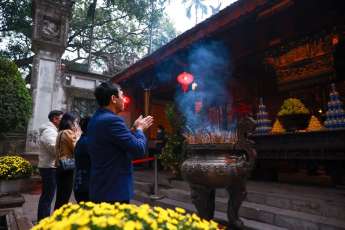
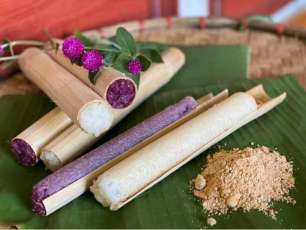

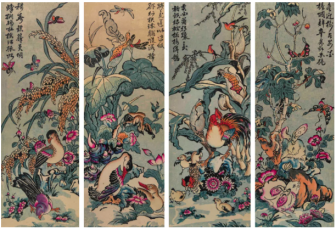

.jpg)





Timothy O Tool
on Feb 23, 2026Timothy William Groh
on Feb 23, 2026TwelmSC
on Feb 20, 2026Morgane Ter Cock
on Dec 18, 2025HerbertPhomaMS
on Oct 19, 2025